A sustainability project designed to upskill community groups and create new homes for nature is taking flight.
NHS Humber Health Partnership, which runs hospitals including Hull Royal Infirmary and Castle Hill Hospital in Cottingham, has teamed up with two community groups to turn leftover wooden pallets into bird boxes, bat boxes and homes for hedgehogs.

Unloading a delivery of bird boxes and hedgehog houses at Castle Hill Hospital
Members of Worklink in Cottingham and friends of east Hull’s Alderman Kneeshaw Park have both been creating new from old, with a focus on teaching practical skills such as woodwork and design, and improving the local area.
Amy Lockyer, Commissioning and Support Services Manager for NHS Humber Health Partnership explains:
“Our hospitals receive scores of deliveries every day, and many of those arrive on wooden pallets due to their size or weight.
“Most of the time, the goods are left on the pallets, then it’s left to us to dispose of them and pick up the associated costs.
“The construction of the £39m Day Surgery Centre on the Castle Hill site led to some green space and wooded areas being cleared, so we needed to ensure a proportion of that was re-provided for ecological purposes. The bird boxes, bat boxes and hedgehog houses are designed to encourage birds and animals back to the site that might previously been displaced due to construction, and later in the year we’ll be planting saplings around the site to grow additional tree cover for them.
“Sustainability has been a key consideration throughout the Day Surgery Centre* development, and so it made perfect sense to create the new animal shelters out of materials which would otherwise be treated as waste, and provide benefits and training opportunities for local people too.”
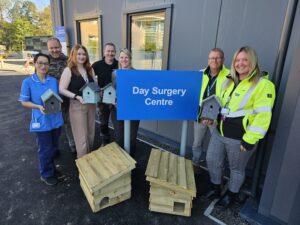
(L-R): Tripti Thapa, day surgery staff nurse; Jim Hicks, Worklink service user; Chloe Michaels, day surgery team leader; Graham Willis, employment support trainer, Worklink; Abby Gibbon, senior employment officer, Worklink; Mike Todd, NHS project manager; Amy Lockyer, NHS commissioning and support services manager.
One of the groups which has taken on the challenge of creating new homes for four-legged friends is Worklink Cottingham. The group provides work-based employment support and training for adults with learning disabilities and Autism, including practical skills development, CV writing and interview skills.
Abby Gibbon, Senior Employment Officer for Worklink Cottingham, says:
“As a key part of the local community in Cottingham, we’re committed to supporting and promoting the successes of both our organisation and others within our community.
“After discussing the project with our staff, we recognised the importance of giving back and decided to contribute by supporting this NHS project. This initiative offers our service users an exciting opportunity to engage in a new project, allowing them to develop and refine their skills.
“Our service users always embrace new challenges, and with leadership from Graham, one of our dedicated Employment Support Trainers, they are really enthusiastic about learning how to create these new wooden items. This type of activity not only enriches their vocational profiles, part of our in-house course aimed at enhancing practical skills, but also allows them to excel in intricate tasks like painting and sanding.”
Also giving back to the community and honing their skills at the same time are the Friends of Alderman Kneeshaw Park, based in east Hull. Since their first delivery of hospital pallets back in June, adults and children – including three pupils from Aspire Academy – have been working together to design, craft and paint a selection of bird boxes and bat boxes which will shortly be installed around the Castle Hill site. The
Debbie Morrell, Project Lead, says:
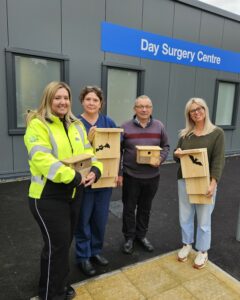
Amy Lockyer, Commissioning and Support Services Manager , Jill Pawson, Charge Nurse at the Day Surgery Centre, and Kev Klein and Debbie Morrell from Friends of Alderman Kneeshaw Park
“This project is all about empowering the community to take action to protect nature. We wanted to get people involved in the practical side of it, so this is where the woodwork came in.
“They’ve been able to build planters and bat/bird boxes, and my husband pre-cuts the wood to size, so it’s really accessible for the children.
“Our ethos is ‘Preserving the past, preparing the future’, so this brings all of that together. It’s been great being involved in this, as it fits in what we’re trying to achieve as a group.”
Alex Best, Deputy Director for Capital Development at NHS Humber Health Partnership says:
“We are always keen to work with our local community and this collaboration with Worklink and friends of east Hull’s Alderman Kneeshaw Park has been a great example of this.
“Reusing what would otherwise be waste materials and saving the costs of disposal have been two additional benefits of this partnership alongside the benefits for participants and for nature.
“Moving forward we hope to continue these partnerships for forthcoming projects to further enhance our commitment to sustainability and upskilling the local workforce.”
Together, the two groups have recycled wooden pallets from the hospital to create an impressive collection of more than 20 bird boxes, bat boxes and hedgehog houses.


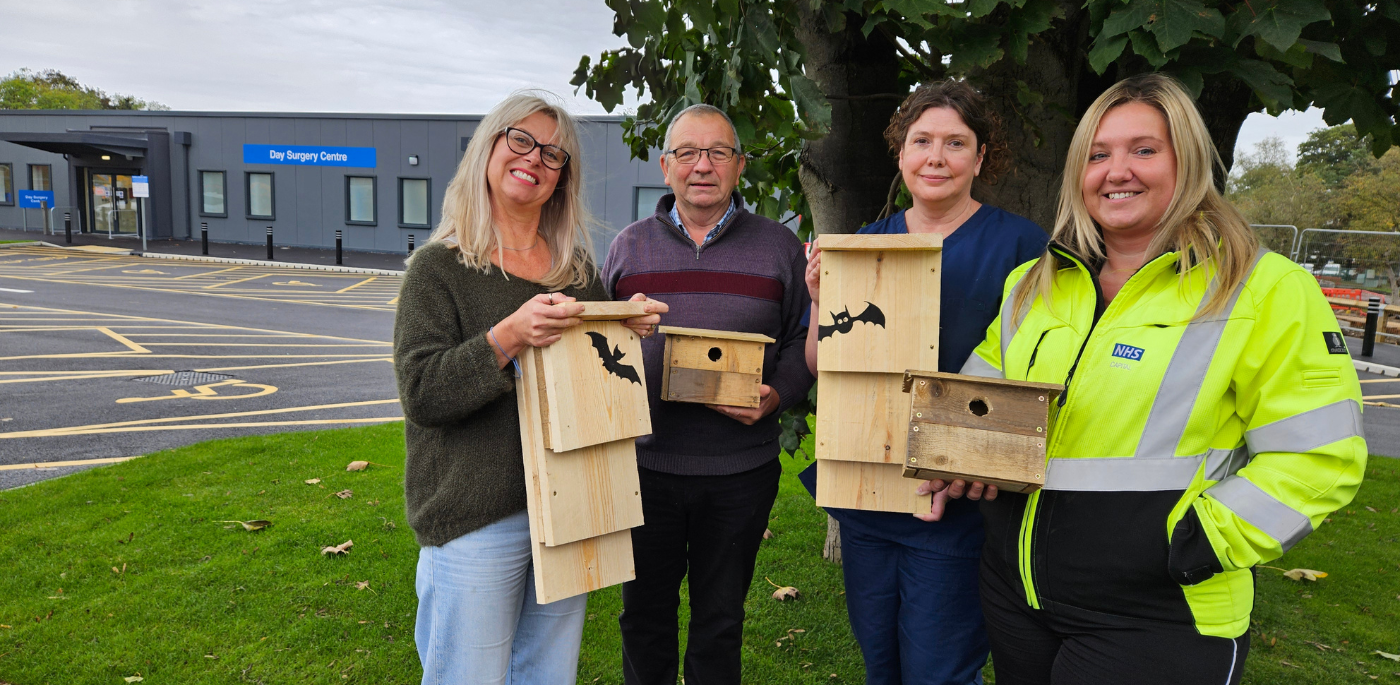



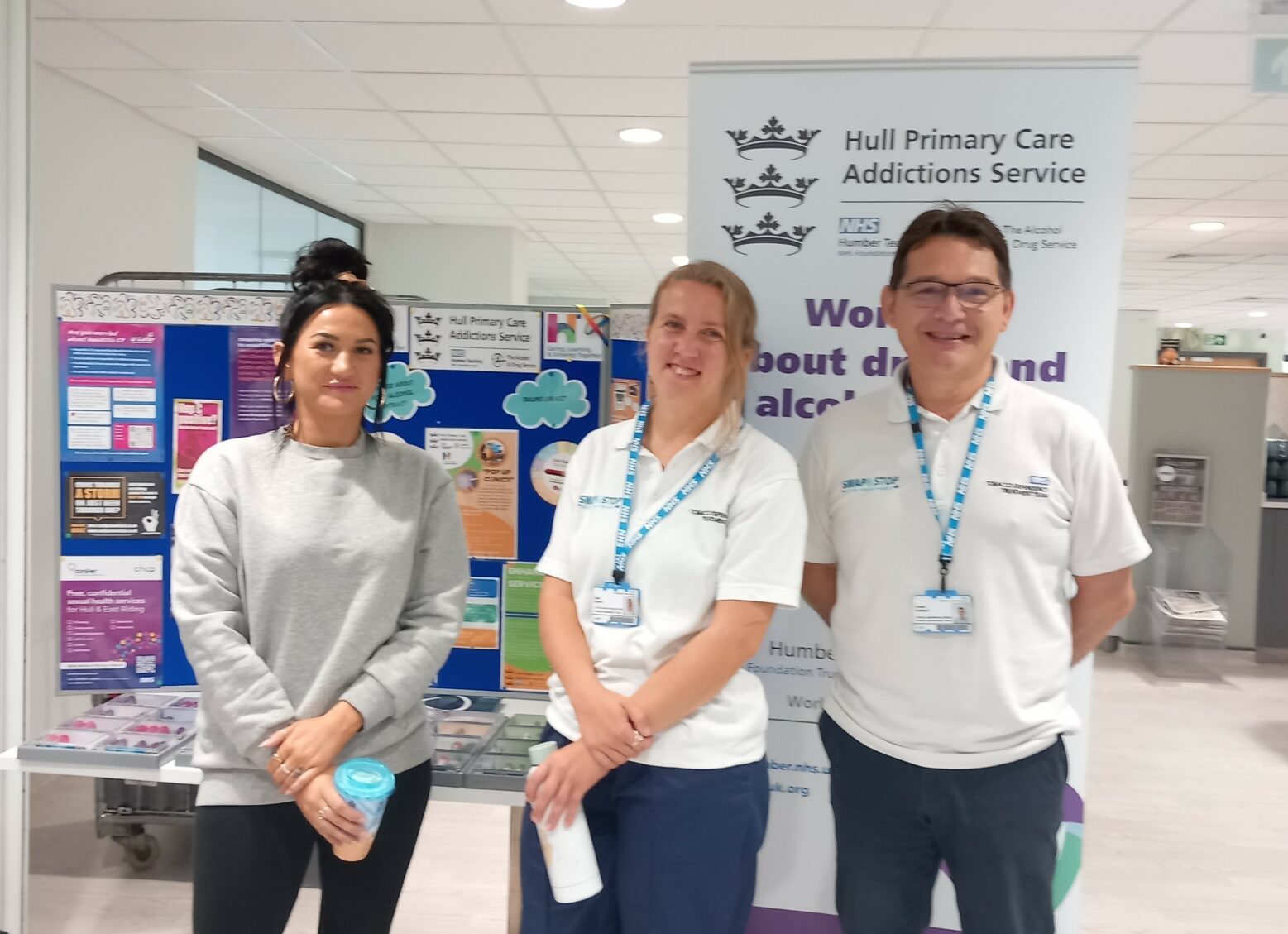

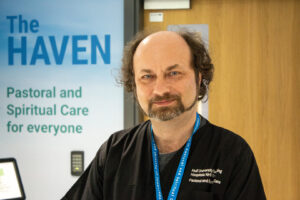
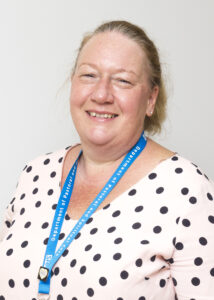
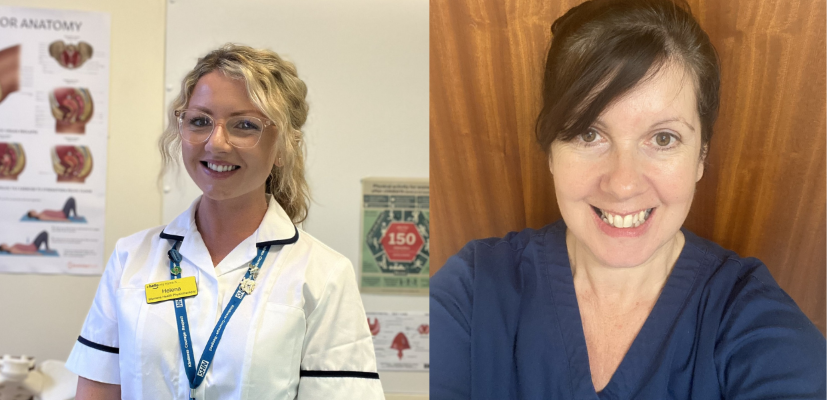
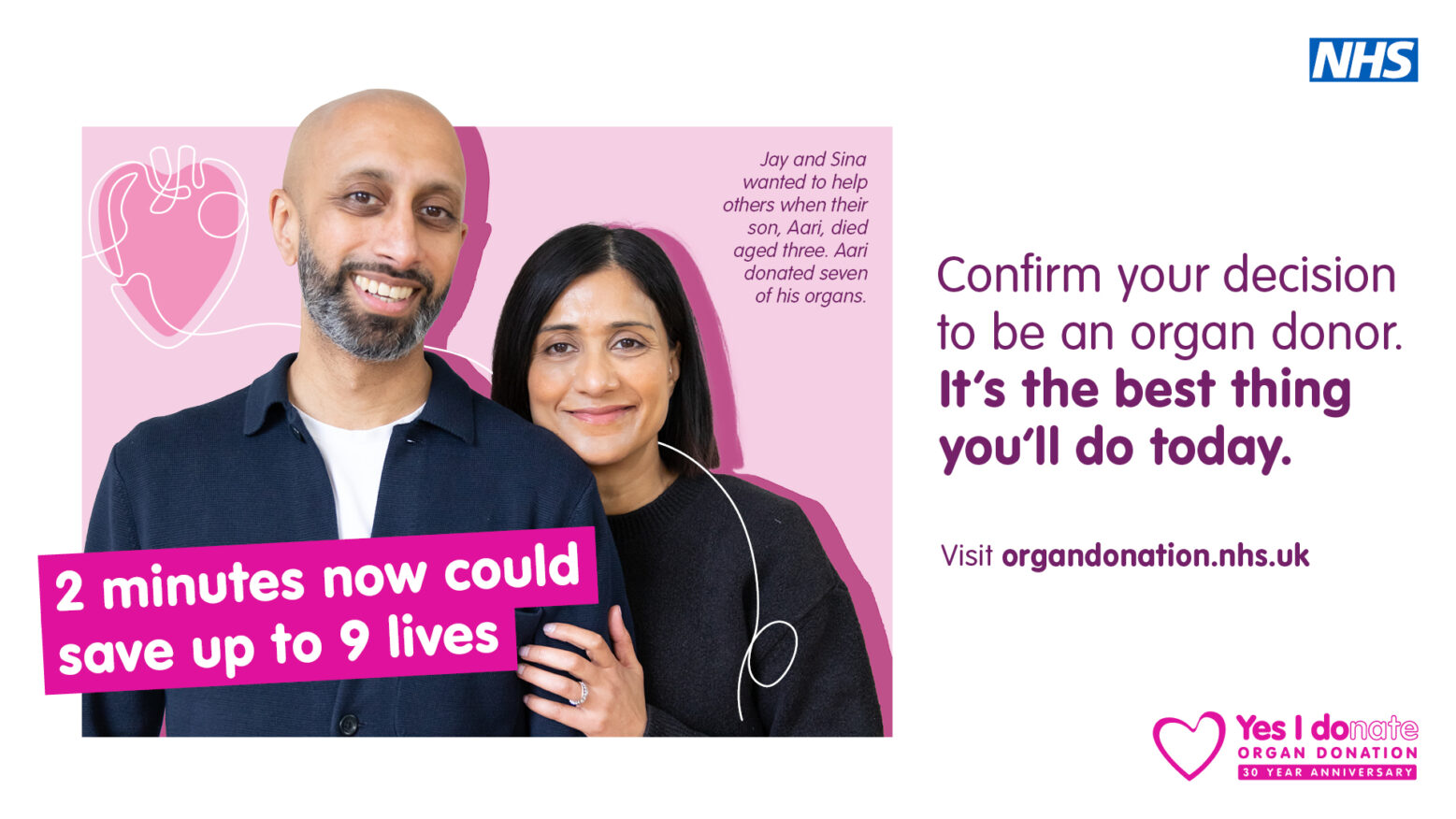
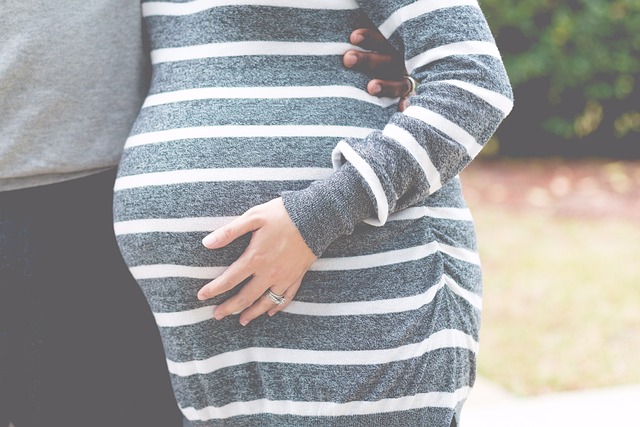
 Clinics offering the RSV vaccine at 28 weeks of pregnancy will be held at Hull Women and Children’s Hospital in the Antenatal Department on Thursday mornings and Friday afternoons. They’ll also be offered at Castle Hill Hospital on Friday afternoons.
Clinics offering the RSV vaccine at 28 weeks of pregnancy will be held at Hull Women and Children’s Hospital in the Antenatal Department on Thursday mornings and Friday afternoons. They’ll also be offered at Castle Hill Hospital on Friday afternoons.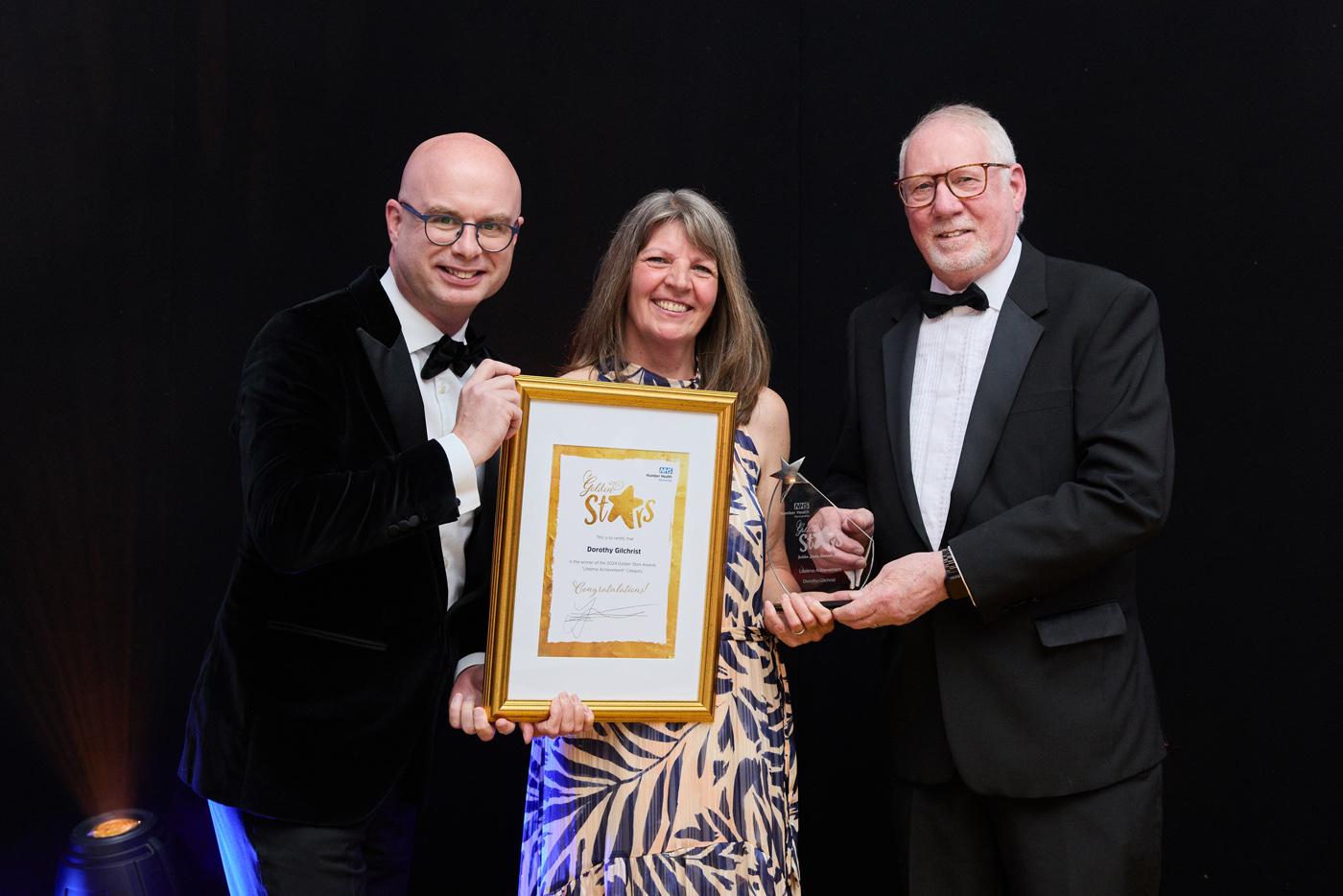
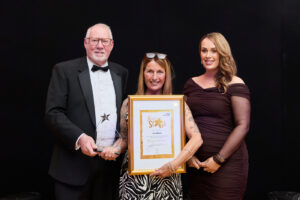
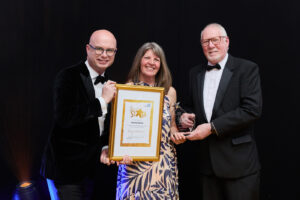
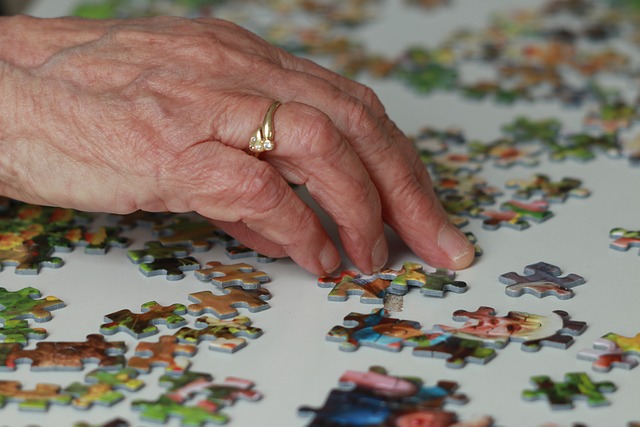
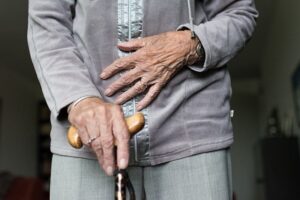 The project aligns with “Flow”, a major campaign under way at NHS Humber Health Partnership, the hospital group running Hull Royal Infirmary, Diana, Princess of Wales Hospital, Scunthorpe General Hospital, Goole and District Hospital and Castle Hill Hospital in Cottingham, to ensure people can leave hospital as soon as they are well enough.
The project aligns with “Flow”, a major campaign under way at NHS Humber Health Partnership, the hospital group running Hull Royal Infirmary, Diana, Princess of Wales Hospital, Scunthorpe General Hospital, Goole and District Hospital and Castle Hill Hospital in Cottingham, to ensure people can leave hospital as soon as they are well enough.
